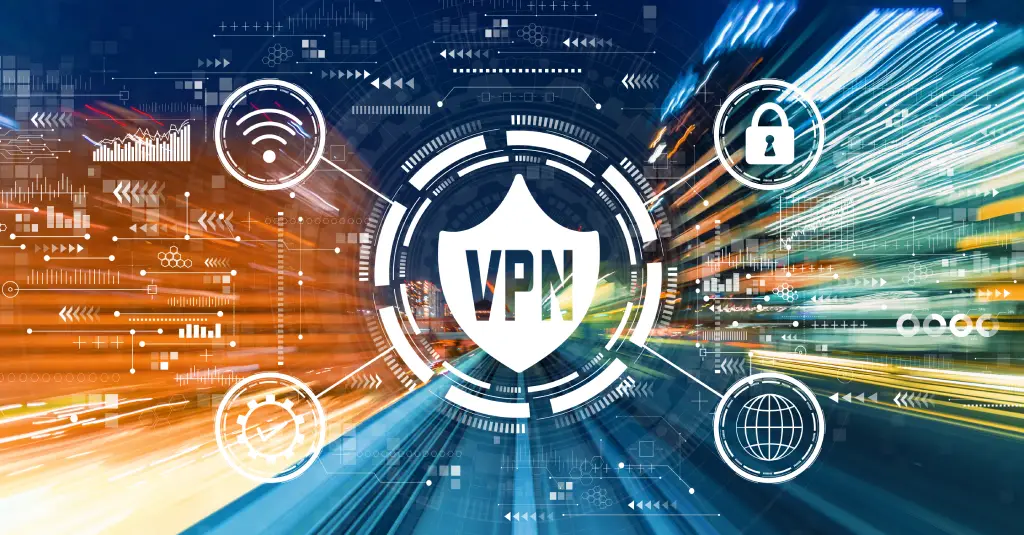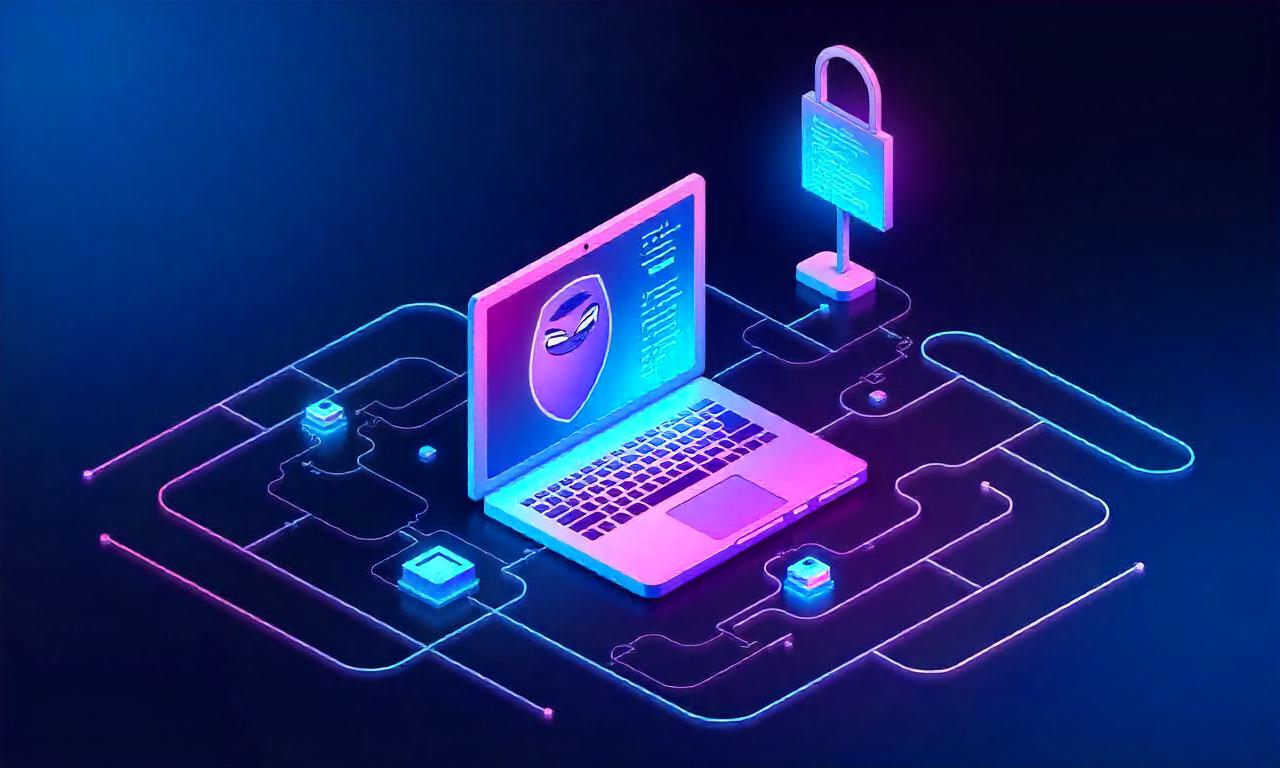Learn how to find the fastest VPN service with tips on speed, servers, protocols, and bandwidth. Ideal for streaming, and maintaining online privacy.
In today’s hyper-connected world, a Virtual Private Network (VPN) is no longer a luxury—it’s a necessity. Whether you’re working remotely, streaming your favorite shows, or simply safeguarding your online privacy, a fast and reliable VPN can make all the difference.
But how do you find the fastest VPN service? With so many options out there, it can feel overwhelming to make the right choice.
The good news is, you don’t have to be a tech expert to figure it out. By focusing on a few key factors like speed performance, server locations, and protocol efficiency, you can easily identify a VPN that delivers lightning-fast performance.
Stick with us, and we’ll walk you through everything you need to know to make an informed decision. Let’s dive in!
Table of Contents
ToggleHow to Find the Fastest VPN Service
Finding the fastest VPN service is not just about speed tests; it’s about understanding how various features work together to deliver top-notch performance.
Here’s a comprehensive breakdown to guide you:
1. Check Speed Performance
Speed is often the first concern for VPN users. A VPN that significantly slows down your internet is more of a hindrance than a help.
So, how do you know if a VPN offers the speed you need?
- Run Speed Tests: Tools like Ookla Speedtest or Fast.com can help you measure internet speeds before and after connecting to a VPN. Look for minimal speed drops.
- Understand Latency: Latency refers to the delay in data transmission. A lower latency means faster response times, which is essential for activities like online gaming.
- Check for Consistent Performance: Some VPNs perform well during off-peak hours but slow down significantly during high-traffic periods. Ensure the VPN can maintain consistent speeds.
A good VPN provider will often highlight its speed-optimized servers or provide detailed performance metrics on its website.
2. Choose a VPN with Multiple Server Locations

Server locations play a crucial role in determining your connection speed. The closer you are to a server, the faster the connection is likely to be. Here’s how you can benefit from multiple server locations:
- Reduced Congestion: A wide server network helps distribute user traffic evenly, preventing any single server from becoming overloaded.
- Access to Local Content: With servers spread across different regions, you can access content restricted to specific locations without compromising on speed.
- Backup Options: If one server is slow or down, having alternative servers ensures you can quickly switch and maintain your connection.
VPNs that provide real-time server load information allow users to choose the least crowded servers for optimal speed.
3. Opt for High-Performance Protocols
The protocol your VPN uses can greatly affect its speed and security. Some protocols prioritize security at the cost of speed, while others strike a better balance. Here are the top protocols to look for:
- WireGuard: A modern protocol that offers excellent speed and security. It’s lightweight, making it faster than older protocols.
- OpenVPN: While not as fast as WireGuard, OpenVPN is a reliable and well-tested protocol suitable for most users.
- IKEv2/IPSec: Known for fast reconnections, it’s particularly useful for mobile users who frequently switch between networks.
Choose a VPN that lets you customize protocol settings to prioritize speed or security based on your needs.
4. Look for Unlimited Bandwidth
Bandwidth limitations can severely impact your VPN experience, especially if you frequently stream videos, download large files, or play online games. Here’s why unlimited bandwidth is non-negotiable:
- Avoid Data Caps: Some VPNs impose restrictions on the amount of data you can use. Unlimited bandwidth ensures you won’t hit any unexpected limits.
- Uninterrupted Streaming: Streaming platforms like Netflix or YouTube require high data usage. A VPN with unlimited bandwidth ensures smooth playback without buffering.
- Seamless Downloads: For torrenting or downloading large files, unlimited bandwidth is essential to avoid interruptions.
Always check the VPN’s terms of service to ensure there are no hidden bandwidth restrictions.
5. Evaluate Infrastructure
The infrastructure supporting a VPN can significantly impact its performance. Strong infrastructure ensures faster speeds and better reliability. Here’s what to evaluate:
- Server Ownership: VPNs that own their servers (rather than renting) have better control over speed and security.
- RAM-Only Servers: These servers erase all data upon reboot, enhancing both security and performance.
- High-Speed Data Centers: VPNs with Tier-1 data centers typically provide faster and more stable connections.
Transparency about server infrastructure reflects the VPN’s commitment to quality and reliability.
6. Consider the Device Compatibility
Different devices may experience varying VPN speeds due to compatibility issues. To ensure a seamless experience, consider the following:
- Dedicated Apps: A VPN with dedicated apps for each platform (Windows, macOS, Android, iOS, etc.) often provides better performance than manual configurations.
- Router Support: Installing a VPN on your router can improve speeds for all connected devices, especially in households with multiple users.
- Optimized Settings: Some VPNs offer device-specific optimizations to enhance speed and performance.
Choose a VPN that supports simultaneous connections and performs well across all your devices.
7. Assess Real-World Use Cases
Theoretical speeds often differ from actual performance during real-world usage. Test your VPN under various conditions to ensure it meets your needs:
- Streaming: Use the VPN to access platforms like Netflix, Hulu, or Amazon Prime. A good VPN should offer buffer-free streaming even in 4K.
- Gaming: For online gaming, check the ping times and overall stability. Low ping and minimal lag are essential for a smooth experience.
- Downloading: Evaluate download speeds for large files or torrents to ensure the VPN doesn’t throttle data transfer rates.
Real-world testing provides a more accurate picture of a VPN’s capabilities. To fully understand how a VPN can enhance your online activities, check out the benefits of using a VPN.
8. Read Reviews and Comparisons

Not all VPNs are created equal, and user experiences can vary. Reading reviews and comparisons can help you make an informed choice:
- Expert Reviews: Websites like vpnpieces.com provide detailed analyses of various VPNs, including speed tests and feature comparisons.
- User Testimonials: Forums and social media platforms often feature firsthand accounts of users’ experiences with different VPNs.
- Comparison Charts: Look for side-by-side comparisons that highlight speed, features, and pricing.
Reviews offer insights into potential issues and help you identify VPNs that consistently deliver fast speeds.
9. Ensure No Logging or Throttling
A VPN’s logging and throttling policies can directly impact its speed and performance. Here’s what to consider:
- Strict No-Logs Policy: VPNs that don’t track your activity are less likely to throttle speeds based on usage patterns.
- Bandwidth Management: Some VPNs prioritize high-bandwidth users, which can negatively impact other users. Ensure your VPN treats all users equally.
- Transparent Practices: Read the VPN’s privacy policy to confirm there are no hidden throttling practices.
A no-logs VPN that avoids throttling will provide a smoother and faster experience.
10. Reputation Matters
The reputation of a VPN provider often reflects its reliability and performance. Here’s what to look for:
- Established Providers: VPNs with a long history in the industry are more likely to offer consistent quality.
- Awards and Certifications: Industry accolades often signify exceptional performance and trustworthiness.
- Customer Support: Responsive and knowledgeable support teams can resolve issues quickly, ensuring uninterrupted service.
Choose a VPN with a proven track record and positive user feedback for the best experience.
Conclusion
Finding the fastest VPN service doesn’t have to be a daunting task. By focusing on speed performance, server locations, protocols, and real-world use cases, you can make a well-informed choice.
Remember, platforms like vpnpieces.com are excellent resources for detailed comparisons and expert insights.
















